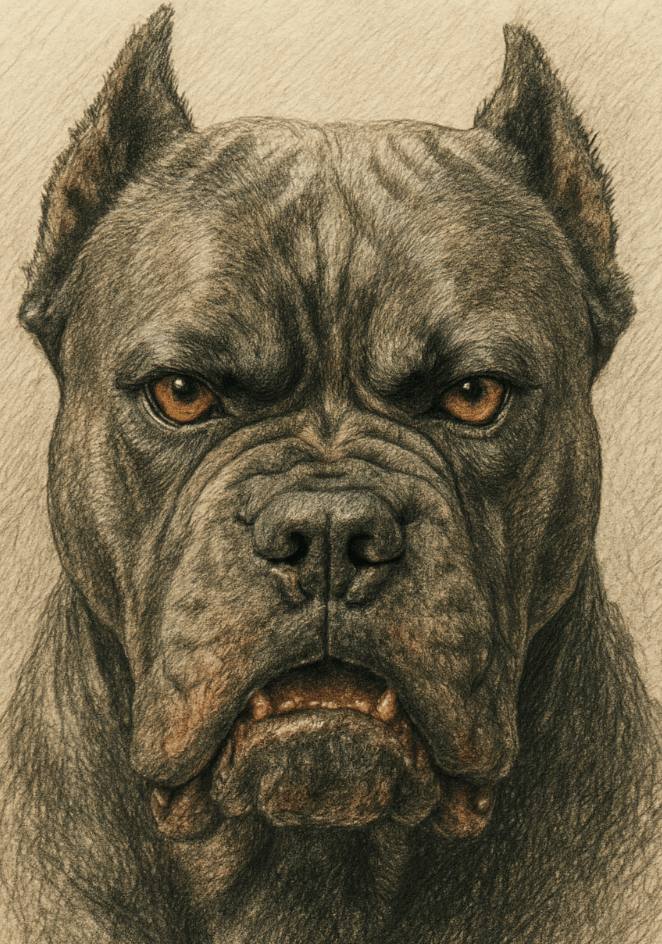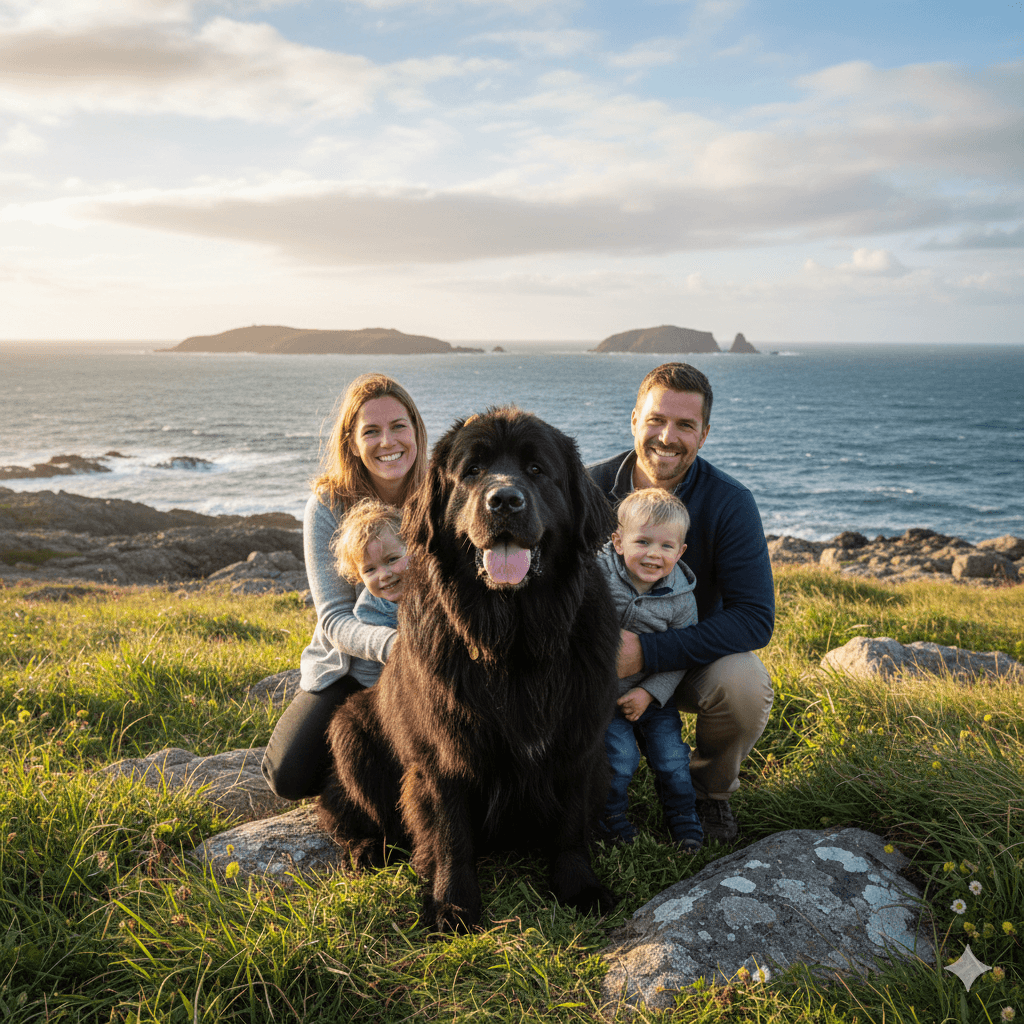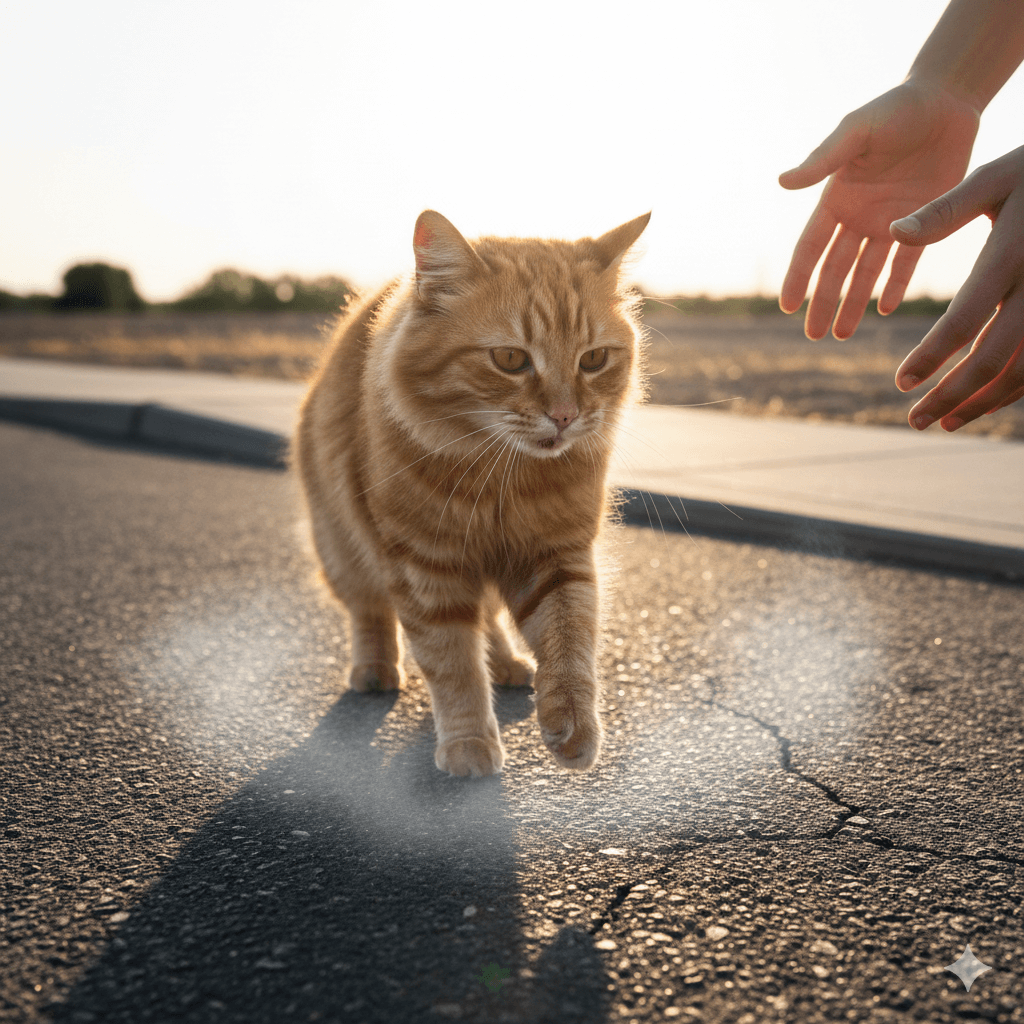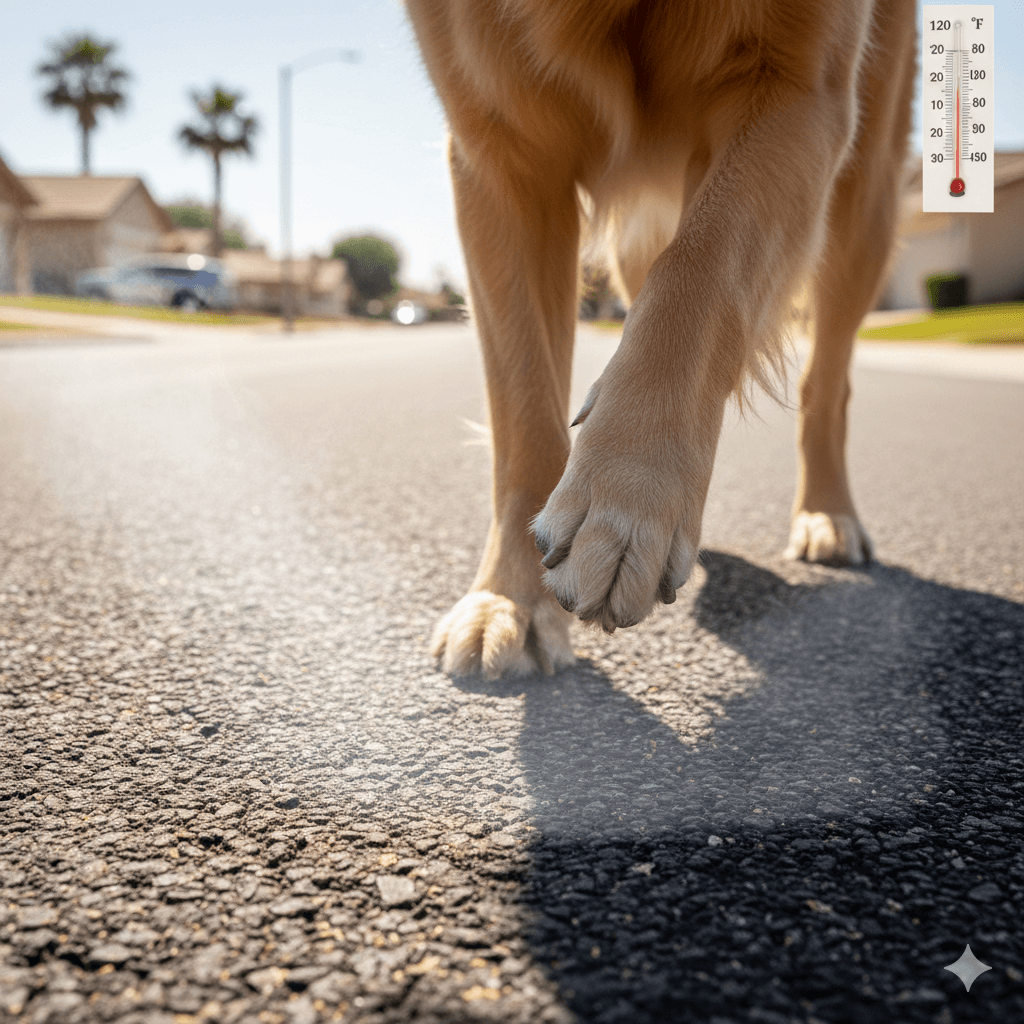Are Cane Corsos Aggressive? Unpacking the Truth About This Powerful Breed
The Cane Corso, a majestic and muscular Italian breed, often sparks debates about its temperament. Known for their imposing size and protective instincts, these dogs are sometimes labeled as aggressive. But is this reputation deserved, or is it a misunderstanding of their true nature? Like any breed, the Cane Corso’s behavior is shaped by genetics, training, and environment. Understanding their personality traits, needs, and potential challenges is key to determining whether they are a good fit for your household. In this blog post, we’ll explore the truth behind the Cane Corso’s temperament, debunk myths, and provide expert tips for raising a well-behaved and balanced companion.
Understanding the Cane Corso Temperament
The Cane Corso is a breed with a rich history as a guardian and working dog, which influences its temperament. While they are not inherently aggressive, certain traits can be misinterpreted if not properly managed.
Confident and Assertive:
Cane Corsos are naturally self-assured, which can sometimes be mistaken for aggression. However, this confidence makes them excellent protectors when trained correctly.Loyal and Protective:
Their strong bond with family members drives their protective instincts, but this can lead to territorial behavior if not channeled appropriately.Calm and Composed:
Despite their size, Cane Corsos are known for their calm demeanor in familiar environments, making them great companions for experienced owners.Intelligent and Independent:
These dogs are highly intelligent but also independent thinkers, requiring consistent guidance to prevent unwanted behaviors.Reserved with Strangers:
Cane Corsos tend to be aloof with unfamiliar people, which can be perceived as aggression if not addressed through proper socialization.
With the right approach, their natural traits can be harnessed positively, creating a loyal and loving family member rather than an aggressive one.
Factors That Influence Cane Corso Behavior
Several factors contribute to whether a Cane Corso exhibits aggressive tendencies. Recognizing these influences helps owners take proactive steps to ensure their dog remains well-behaved.
Genetics and Breeding:
Reputable breeders prioritize temperament, while poorly bred dogs may inherit unstable traits that increase the risk of aggression.Early Socialization:
Exposing puppies to diverse environments, people, and animals during their critical development period fosters confidence and reduces fear-based reactions.Training and Leadership:
Consistent, positive reinforcement training establishes clear boundaries and reinforces desired behaviors, preventing dominance issues.Exercise and Mental Stimulation:
A bored or under-exercised Cane Corso may develop frustration or anxiety, leading to undesirable behaviors that mimic aggression.Living Environment:
A stable, structured home environment promotes calmness, whereas chaotic or neglectful settings can trigger stress-related aggression.
By addressing these factors, owners can significantly reduce the likelihood of aggressive behavior in their Cane Corso.
Check this guide 👉Cane Corso Poodle Mix: Best 7 Expert Tips!
Check this guide 👉Cane Corso vs Pitbull: Best 7 Expert Tips!
Check this guide 👉Cane Corso Mastiff Mix: Best 7 Expert Tips!

Pros of Owning a Cane Corso | Cons of Owning a Cane Corso |
|---|---|
Loyal and protective family companion | Requires extensive training and socialization |
Calm and affectionate with loved ones | Can exhibit aggression without proper guidance |
Highly intelligent and trainable | Not ideal for first-time dog owners |
Low-maintenance grooming needs | Needs significant daily exercise |
Excellent watchdog capabilities | May intimidate strangers due to size |
Tips for Preventing Aggression in Cane Corsos
Preventing aggression in a Cane Corso involves proactive measures and consistent effort. Here are some actionable tips to help you raise a well-adjusted dog.
Start Training Early:
Begin obedience training as soon as you bring your puppy home to establish trust and respect from the start.Use Positive Reinforcement:
Reward good behavior with treats, praise, or playtime to encourage cooperation and build a strong bond.Socialize Regularly:
Introduce your Cane Corso to new experiences, people, and animals frequently to build confidence and reduce fear-based reactions.Set Clear Boundaries:
Establish rules and enforce them consistently to prevent confusion and reinforce your role as the leader.Provide Adequate Exercise:
Engage them in physically demanding activities like long walks, runs, or games to burn off excess energy and prevent boredom.
Following these tips ensures your Cane Corso grows into a well-mannered and balanced adult dog.
Signs Your Cane Corso May Be Developing Aggressive Tendencies
Recognizing early warning signs of aggression allows you to address issues before they escalate. Watch for these behaviors to intervene promptly.
Growling or Snarling:
Vocal warnings often precede physical aggression and should never be ignored.Stiff Body Language:
A rigid posture or raised hackles indicate discomfort or readiness to defend themselves.Resource Guarding:
Aggression over food, toys, or space suggests insecurity and requires immediate attention.Excessive Barking at Strangers:
While protective barking is normal, incessant or threatening barks may signal underlying issues.Biting or Nipping:
Any form of biting, even during play, should be corrected immediately to prevent escalation.
Addressing these signs early with professional help ensures your Cane Corso remains safe and manageable.
Common Misconceptions About Cane Corsos
Misunderstandings about Cane Corsos often stem from stereotypes or lack of knowledge. Debunking these myths helps paint a clearer picture of the breed.
They Are Always Aggressive:
Aggression is not a default trait; it arises from poor breeding, training, or handling.They Need Constant Work:
While they thrive on mental stimulation, they are relatively low-maintenance compared to high-energy breeds.They Can’t Live in Apartments:
With sufficient exercise and structure, Cane Corsos can adapt to apartment living despite their size.They’re Only Guard Dogs:
Beyond protection, they excel as loving family companions and versatile working partners.All Cane Corsos Look Fierce:
Their imposing appearance belies their gentle and affectionate nature with trusted family members.
Dispelling these misconceptions fosters a deeper appreciation for the breed’s true character.
Health Considerations That Impact Behavior
A Cane Corso’s health plays a significant role in their behavior. Addressing potential medical issues ensures they remain happy and balanced.
Hip Dysplasia:
Joint pain can lead to irritability or aggression; regular vet check-ups and joint supplements help manage this condition.Heart Conditions:
Cardiomyopathy is common in large breeds; monitoring heart health prevents lethargy or mood changes.Obesity Risks:
Excess weight exacerbates joint problems and reduces energy levels, impacting overall behavior.Ear Infections:
Chronic ear issues can cause discomfort and irritability; regular cleaning prevents infections.Dental Health:
Poor dental hygiene leads to pain and behavioral shifts; brushing teeth regularly maintains oral health.
Prioritizing their health promotes both physical comfort and emotional stability.
Fun Activities to Bond With Your Cane Corso
Engaging in enriching activities strengthens your bond and keeps your Cane Corso physically and mentally stimulated.
Obedience Training Sessions:
Teaching advanced commands boosts their confidence and reinforces your leadership role.Agility Courses:
Setting up obstacles in your backyard provides a fun challenge and burns off energy.Long Walks or Hikes:
Exploring new trails together satisfies their need for adventure and exploration.Tug-of-War Games:
Controlled games of tug teach impulse control while satisfying their playful instincts.Interactive Puzzle Toys:
Mental challenges keep them entertained and prevent boredom when alone.
These activities ensure a fulfilling life for your energetic and devoted companion.
Frequently Asked Questions About Cane Corso Aggression
Are Cane Corsos naturally aggressive?
No, they are not naturally aggressive but have protective instincts that require proper management.
Can a Cane Corso live with children?
Yes, with proper training and supervision, they can be gentle and protective family members.
How much exercise does a Cane Corso need?
They require at least 1-2 hours of vigorous exercise daily to stay physically and mentally healthy.
Do Cane Corsos get along with other pets?
Early socialization is crucial to ensure harmonious relationships with other animals.
What should I do if my Cane Corso shows aggression?
Consult a professional trainer or behaviorist to address the root cause and implement corrective measures.
Raising a Balanced and Well-Behaved Cane Corso
The Cane Corso is a remarkable breed with a unique blend of strength, loyalty, and intelligence. While they are not inherently aggressive, their powerful nature demands responsible ownership, proper training, and ongoing care. By understanding their needs and committing to their well-being, you can unlock the full potential of this incredible companion. With patience, consistency, and love, your Cane Corso can become a cherished member of your family, proving that their reputation is more about perception than reality.
Newfoundland Dog Personality: Best 7 Expert Tips! – Discover the gentle, loyal, and protective nature of this giant breed perfect for families.
Can Hot Pavement Burn Your Cats Paws? Best 7 Expert Tips! – Learn how to protect your cat’s paws from hot surfaces and prevent painful burns this summer.
Can Hot Pavement Burn Your Dogs Paws? Best 7 Expert Tips! – Learn how to protect your dog’s paws from hot surfaces and ensure safe summer walks.
Irish Wolfhound Size: Best 7 Expert Tips! – Discover the ideal height, weight, and care tips for this majestic giant breed. Learn how to manage their impressive stature responsibly.




